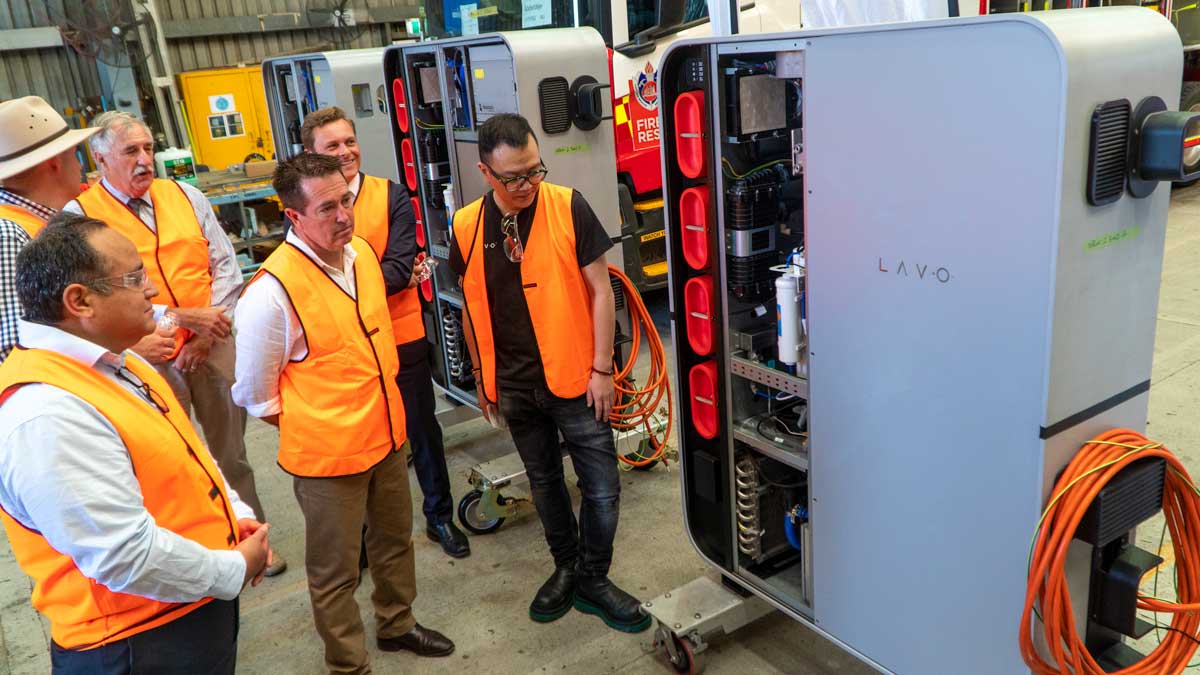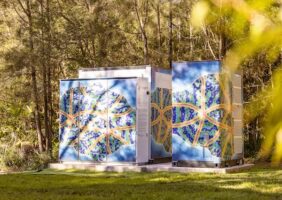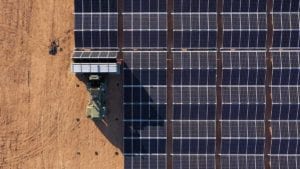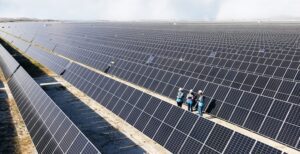An Australian invented storage system that uses hydrogen to store and generate electricity on demand is a step closer to full-scale commercialisation after securing state government funding to establish a pilot manufacturing facility.
The NSW government has provided Australian hydrogen technology start-up Lavo with a $5 million grant to help establish a prototyping and manufacturing facility in the Hunter region.
Lavo is seeking to commercialise a hydrogen energy storage system first developed at the University of New South Wales. The system has been designed to provide small-scale energy storage for both residential and commercial applications.
Speaking from Tomago, Lavo CEO Alan Yu said the funding provided by the NSW government would help the start-up establish a base for the further development and commercialisation of its technology.
“The NSW Government Regional Job Creation Fund provides Lavo with an exciting opportunity to contribute to the development of sustainable employment opportunities in regional NSW while advancing our ambitions to scale our hydrogen energy storage solution,” Yu said.
“With its proximity to broader NSW regional communities, Newcastle Airport and the Port of Newcastle, the region provides a unique opportunity for Lavo to contribute to the development of sustainable employment opportunities locally while advancing our impact globally through new export markets.”
The Lavo system uses electricity – such as the excess power from a rooftop solar installation – to produce hydrogen from water. That hydrogen is then stored within the Lavo system – as it might be in a battery – and can be used as needed to re-produce electricity for use in the home or exported to the grid.
The cost of the Lavo system is currently around $30,000 per unit, with each unit providing 40kWh of energy storage and a peak power output of 5kW.
Lavo says this places the effective cost of the unit on par with many battery storage systems, albeit the Lavo system is larger than what may usually be installed in terms of storage in a normal residential setting.
Key to the innovative technology was the development of the metal hydride units to safely and effectively store hydrogen.
The metal hydride storage units are good for around 20,000 cycles and are paired with a 10-year warranty, with the system expected to enjoy a 30-year lifetime, assuming the storage components are replaced.
NSW deputy premier, Paul Toole, who visited Lavo’s operations, said the funding would support the company to ramp up the local manufacturing and speed up the commercialisation of the hydrogen storage technology.
“This grant will enable LAVO to mass produce one of the world’s first solid-state hydrogen energy storage devices to meet growing local and international demand and stimulate economic recovery in the region,” Toole said.
Last year, Lavo secured both an equity stake and an order for 200 energy storage units from the ASX-listed investment group Gowing Bros.
Lavo said it expects to create up to 250 jobs through its expanded operations in the Hunter Region, a region traditionally home to much of the New South Wales coal industry.






